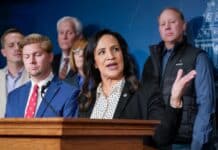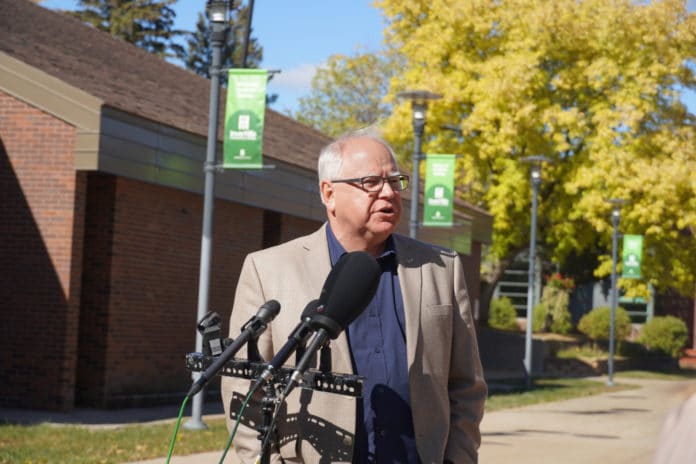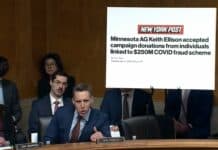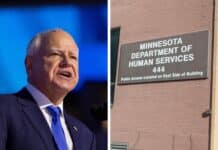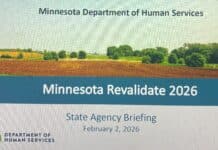Minnesota Gov. Tim Walz announced a series of proposals this week aimed at rooting out fraud in state government.
Without explicitly mentioning it, the announcement is a clear response to the unfolding Feeding Our Future scandal wherein at least 50 Minnesotans allegedly defrauded federal meals programs of $250 million via the state Department of Education.
Republicans were highly critical of the Walz administration’s handling of the fraud on the campaign trail this year, claiming state officials never alerted the Office of the Legislative Auditor to the suspected fraud as required by state law.
The governor frequently changed his story about when he was alerted to the fraud and at one point was ignoring the media’s questions on the issue. His Department of Education was scrutinized in particular because of its role in overseeing the federal meals program dollars.
“I am committed to rooting out and stopping fraud,” Walz said this week. “We need to protect taxpayer dollars. This plan will help ensure that state government works as efficiently and effectively as possible to improve the lives of Minnesotans, while creating new tools to catch fraudsters and hold them accountable.”
The proposal calls for expanding the Office of Grants Management at the Department of Administration and the Internal Controls team at Minnesota Management and Budget. He also would like to see the Minnesota Bureau of Criminal Apprehension develop a coordinated approach for investigating cases of fraud.
An additional proposal calls for a new inspector general position at the Department of Education and new staff members at six other state agencies who will be responsible for “oversight and accountability.”
The Office of the Legislative Auditor is already tasked with investigating state agencies, but only the Department of Human Services has its own inspector general.
Bill Glahn, a policy fellow at the Center of the American Experiment who has closely tracked the case, said the proposals mainly consist of “hiring more bureaucrats.”
“That so many different state agencies are involved points to part of the problem: too many cooks, too many fiefdoms, and no central location where the buck stops,” Glahn wrote in an article this week.
He outlined four steps the government can take that would have prevented the entire scandal.
No government grant money to nonprofits who haven't registered with the state.
No government grants for nonprofits without good standing with the IRS.
All of these items can be checked out in less than 10 minutes.
— Bill Glahn (@billglahn) December 28, 2022

